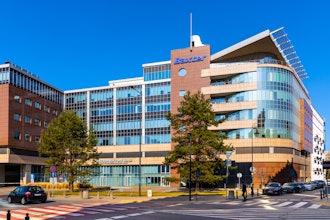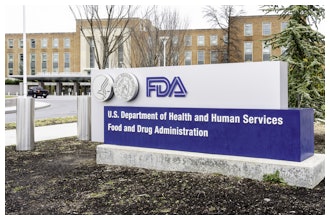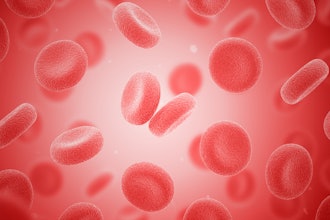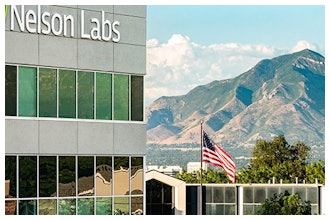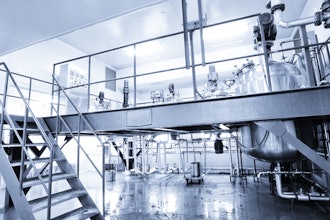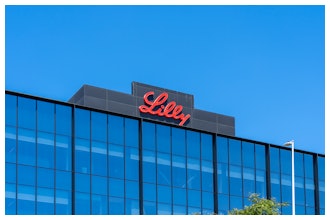
Boston Scientific today announced it has entered into a definitive agreement to acquire Intera Oncology Inc., a privately held medical device company that provides the Intera 3000 Hepatic Artery Infusion Pump and floxuridine – a chemotherapy drug – both of which are approved by the U.S. Food and Drug Administration. The Intera 3000 pump is used to administer hepatic artery infusion (HAI) therapy to treat tumors in the liver primarily caused by metastatic colorectal cancer.
In patients who receive HAI therapy to treat their cancer, the Intera 3000 pump is implanted under the skin and a connected catheter is placed in the hepatic artery, which supplies the liver with oxygenated blood. The pump then provides a continuous flow of floxuridine directly into the liver to treat tumors that have metastasized, most commonly from the colon.
"Liver cancer is a leading cause of cancer-related death, and we are committed to providing meaningful solutions to safely and effectively treat various forms of this disease with minimal systemic side effects and improved outcomes for patients," said Peter Pattison, president, Interventional Oncology and Embolization, Boston Scientific. "Interest in HAI therapy has grown in the oncology community given improved techniques, positive clinical results and ongoing trials. We believe this acquisition will enable us to provide a more comprehensive set of solutions to physicians and their patients to treat both primary and metastatic forms of liver cancer."
The Intera 3000 pump is a constant flow implantable pump for HAI therapy approved in the United States. The safety and effectiveness of the Intera 3000 pump is supported by data from randomized controlled trials demonstrating the clinical benefits of HAI therapy for patients with unresectable colorectal metastases to the liver, both prior to and following resection. Data from these trials have highlighted that HAI therapy significantly improves tumor response, time to progression and overall survival compared to systemic chemotherapy,iii,iv,v and that combining HAI with systemic chemotherapy may lead to extended survival and higher conversion-to-resection rates in both chemotherapy-naïve and previously treated patients. Current Phase II and III studies are exploring HAI therapy use in larger patient groups for first-line, second-line and post-surgery adjuvant treatments.
Boston Scientific expects to complete the transaction in the first half of 2025, subject to closing conditions. The transaction is expected to have an immaterial impact on adjusted earnings per share in 2025 and is expected to be more dilutive on a GAAP basis due to acquisition-related net charges and amortization expense. Specific terms of the transaction have not been disclosed.












